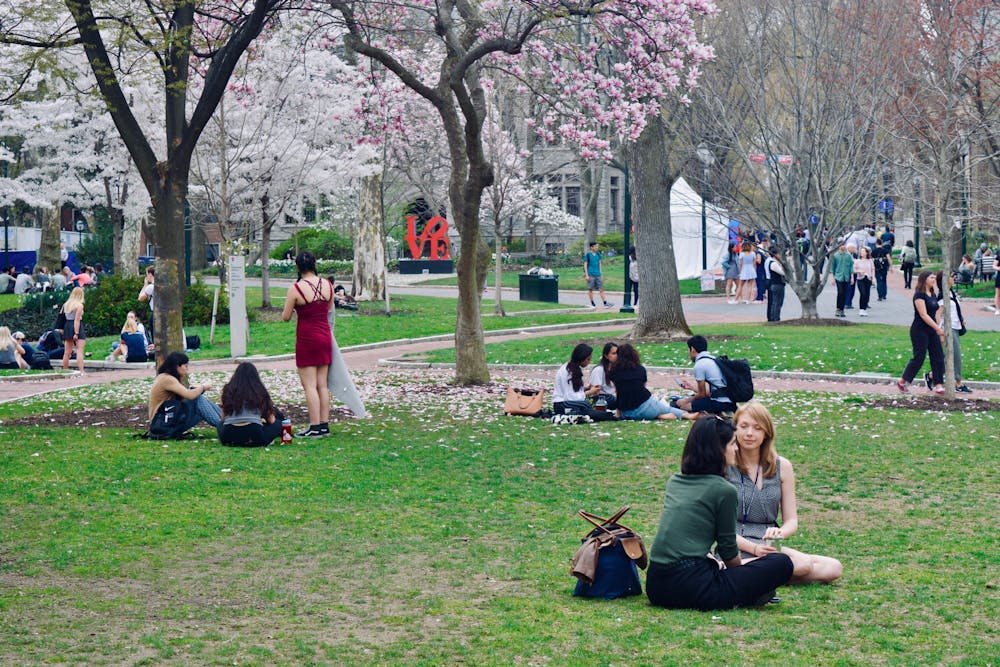This morning, John Branch of The New York Times published a piece entitled “Deniers and Disbelievers: ‘If I Get Corona, I Get Corona,’” shedding light on the resistance many Americans are demonstrating towards the preventative measures recommended by public-health experts.
Branch cites, among other examples, images of South Florida tourist destinations teeming with visitors as recently as March 18, a message from a ULine management executive to employees urging them to conceal cold or allergy symptoms from their colleagues to reduce “unnecessary panic,” and the decision by Tesla to continue sending 10,000 factory employees to work days after a shelter-in-place order was put in effect in Alameda County. (Little surprise, considering the company’s all-hailed humanitarian CEO tweeted “The Coronavirus panic is dumb” about two weeks ago, and predicts no new cases in the United States by the end of April.)
For anyone even remotely tuned into the spread of COVID-19 and its monstrously destructive socioeconomic impact, these accounts are deeply troubling.
As of 12:45 p.m. on March 26, the virus has been detected in 175 countries, infected 495,000 people, and killed at least 22,295 people. If the worst-case scenario projected by the Centers for Disease Control and Prevention materializes, hundreds of millions of people could be infected by COVID-19, and nearly two million people could die in America alone.
These facts, combined with the highly-contagious properties of the virus and the subsequent imperative for social isolation, should move every informed person to take every possible measure to contain the spread. Yet, many are unconvinced of the virus’ threat not only to themselves, but also to society at large – so unconvinced, in fact, that they are engaging in the most socially destructive behavior imaginable, given the threat at hand.
Sound familiar?
As a vocal environmental advocate, I confront denial every day. Not just climate-change denial, but the broader and more common variety that is best described as the refusal to countenance the possibility that life on Earth can get very bad, very quickly.
Most people nowadays don’t deny climate change outright. What many people do deny, however, is the possibility that climate change could very possibly destroy everything they love about the world – to say nothing about what it could do to human civilization.
For some reason, I, like many climate activists, have always been keen to the great and frightening uncertainties that lie not just in the years, but in the very seconds, that lie before me. Don’t ask me why. Perhaps it’s because I grew up in a Jewish household and was reminded on a near daily basis to “Never Forget,” or because at a young age I went to the Museum of Natural History and learned that the Andromeda Galaxy will one day collide with our own, and that there was nothing I could do to stop it.
Not to be presumptive, but I’d wager that nothing on Earth 252 million years ago believed its era would one day, eons later, be referred to as The Great Dying – the largest of our planet’s six mass extinction events (the sixth of which, I’m sorry to say, we are currently witnessing). And yet, despite the defiant optimism of the Permian’s version of Elon Musk, the Great Dying happened, taking 96% of marine life and 70% of terrestrial life with it.
The impulse to deny the existential threat of COVID-19 and the impulse to deny the existential threat of climate change are both borne out of the same veritably human inability to conceive of a future so unlike, and so much worse than, the present.
Nevertheless, for the sake of our loved ones, ourselves, and our planet, we must overcome this impulse.
Even if the global mobilization to contain the spread of COVID-19 proves a massive overreaction, we must do everything we can right now to prevent the worst-case scenario. Why?
Because the most experienced public-health experts in the world, whose sole responsibilities are to calculate epidemiological risks, are demanding that of us. Because the physical, social, and moral costs of failure are unspeakably high.
Because catastrophe in this universe – on this planet! – is not only possible, it’s probable.
Humans cannot mitigate the destructive movement of matter through interstellar space, the mortality of stars, or the incidence of black holes. But thankfully, humans can mitigate climate change and COVID-19 (and poverty, inequality, racism, and war).
So, let’s just make the world better, because I can assure you it can get worse.
JACOB HERSHMAN is a College senior studying English and Philosophy. His email address is jacoh@sas.upenn.edu









